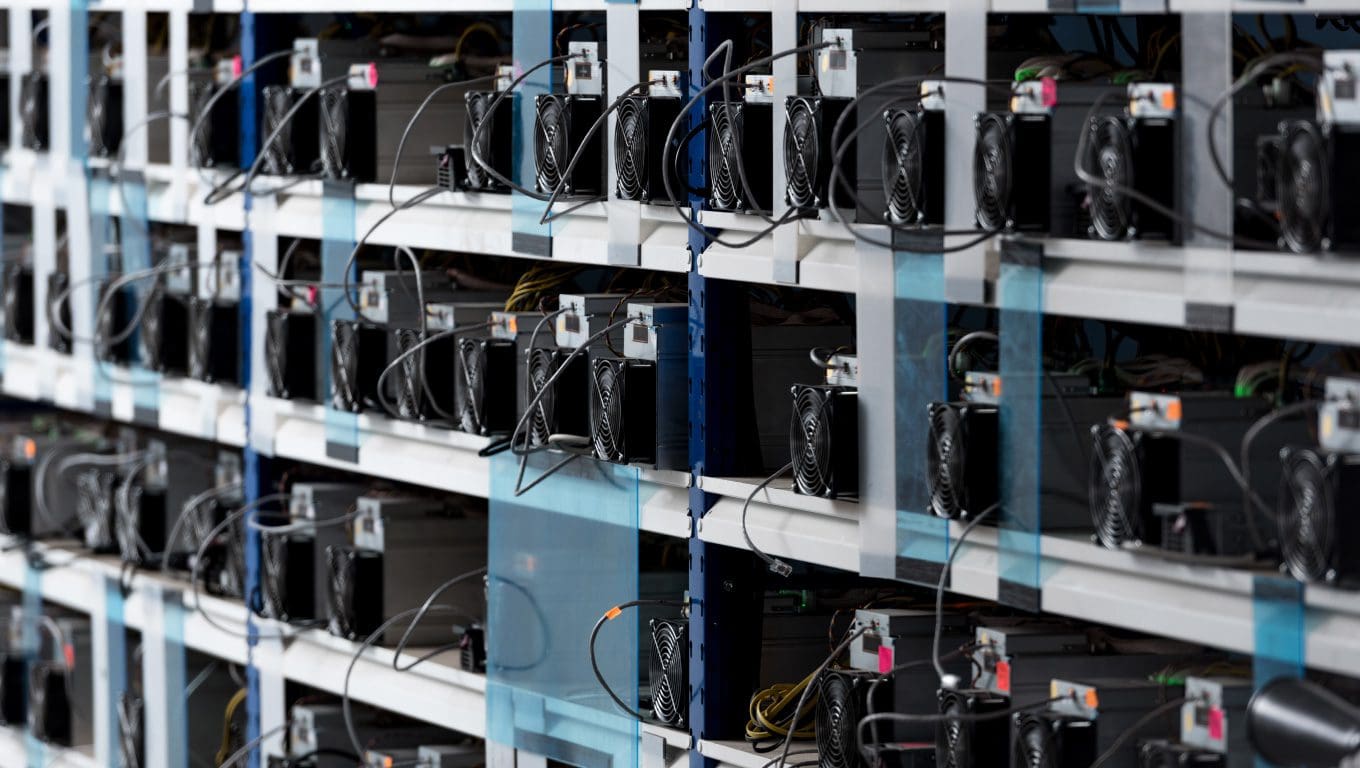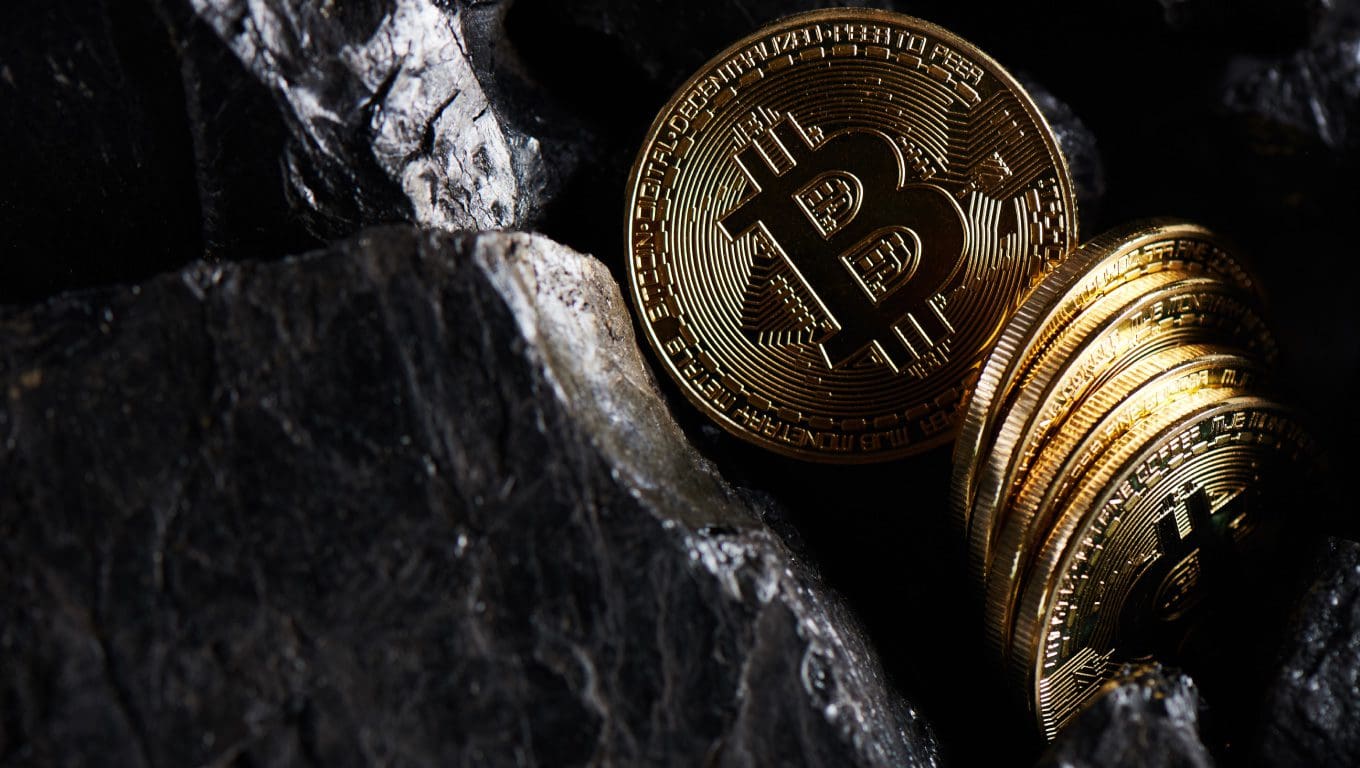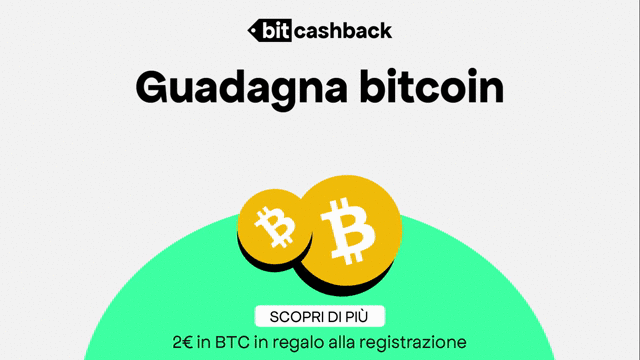Creating bitcoin and other cryptocurrencies
In the field of cryptocurrencies we often hear the question “What is Bitcoin mining ?”. This procedure makes it possible to create new BTC, according to precise predetermined patterns.
Around the topic of cryptocurrency mining, however, there is a lot of chaos outside the insiders. In fact, “laymen” do not know what it is all about, and public opinion tends to demonize this mechanism because of its high energy consumption.
Today we will focus on Bitcoins mining, trying to explain it as simply as possible. We will see what it is, how it works, how much you can earn and even how much it consumes. In short, a nice overview of cryptocurrency mining, not just BTC.
Note: As we said just above, we will keep the talk in easy territory, so as to make it easier for anyone to understand. We will then refer to our other materials (such as the video at the end of the article) for a more detailed study of the topic.
Index
What is bitcoin mining
Bitcoin mining is the mechanism that enables the eponymous blockchain to function, maintain security and, not least, produce new specimens of the bitcoin cryptocurrency.
Each network has a precise system that governs its existence. For example, some rely on Proof-of-Stake structures (such as Ethereum after the Merge), while others opt for solutions such as Proof-of-Authority.
Bitcoin is the first blockchain case and follows the “old” Proof-of-Work consensus algorithm, which we will discuss shortly.
This mechanism leads to what is known as crypto mining, which is the mining of new coins, somewhat like gold and other precious metals.
However, instead of wearing a helmet and slinging a pickaxe, the bitcoin miner equips himself with special computers capable of processing complex mathematical calculations; solving them results in newly created coins.
If you’re still having difficulty framing the procedure for now, don’t worry: we’re about to describe it in depth.
"Bitcoin mining enables the blockchain to function, maintain security and produce new specimens of the bitcoin cryptocurrency"
How does bitcoin mining work?
Let’s imagine that we want to send a certain amount in BTC to someone, using just the bitcoin blockchain. Let’s see what happens behind the scenes.
First, our transaction is entered into the system, queuing up with others. In the case of high traffic we may have to wait several times. The moment our turn comes, the transaction is packed together with many others into a block.
The block is the key element of the blockchain; the definition itself, when translated, means precisely blockchain. Every few minutes (in Bitcoin’s case it is ten) a new one is added to the blockchain, inextricably linked to the previous one.
Coming back to us, we were saying that the transaction ended in a block. Now the ball is in the miners‘ court, charged with solving a complex probabilistic calculation. In fact, they must unearth a certain number by going by trial and error; whoever succeeds first submits the result to all the others, who proceed to validation.
This step makes it possible to ensure security and veracity of transactions. In fact, the data contained in one block (balances, transactions, and so on) cannot conflict with those contained in the previous block. Since it is a blockchain, we can say that the blockchain cannot be manipulated, except in the event that 51% of the miners agree to do so (which is quite unlikely).
The miner is spurred to maintain a good conduct, avoiding manipulation attempts, for a fundamental reason: solving the complex probabilistic calculation (leading to the validation of blocks and thus transactions) requires enormous computational energy, which results in a high electrical expenditure. In fact, the miner spends a lot of money on electric bills and hardware: it would be useless to try to validate wrong transactions, because they would fail and lead only to a waste of money. Hence the name of the Proof-of-Work mechanism, translated to proof of work: we have to toil and provide proof of our work as a miner (by solving the calculation) in order to participate in block validation.
The bitcoin miner who manages to win the “race” by solving the calculation first gets a reward in bitcoin. Here’s (finally!) the actual mining: validating transactions gets rewards in virtually mined BTC. This is where it all runs: the miner aims for the reward, which is why he spends money and effort to get it right.
The supply of bitcoin is limited to 21 million, 90% of which has already been mined. Every four years, through a process called halving, the number of BTC mined annually is halved. The maximum supply of the famous cryptocurrency will be reached roughly in 2140.
Bitcoins mining thus consists of a modern mining of a precious commodity. Instead of digging in the rock, complex calculations are performed, but the goal is always the same: to unearth the much-desired prize!

How much money can be made from bitcoin mining?
A bitcoin miner’s earnings cannot be measured a priori because they depend on several variables.
First, we must consider the cost of electricity, one of the components that significantly impacts what the miner actually pockets. If the price is low, the margin is wider; if not, it becomes thinner.
Then bitcoin mining hardware, or the special computers that the miner uses to do his work, also matters.
In the early days of bitcoin, anyone could mine it simply through their home computer, earning hundreds (if not thousands) of BTC in a short time (they were worth much less, let’s remember).
Today, due to the competitiveness of the industry, calculations have adapted by becoming more complex so as to ensure that the timelines set by the bitcoin blockchain itself are met. Therefore, miners need to equip themselves with special devices that are very powerful (mining ASICs) and developed specifically for this purpose.
An ASIC can cost from a few hundred euros to thousands. The point, however, is that many of them will be needed to be competitive and reach the premium in BTC from time to time. Investments of over 100,000 euros are also estimated, so they are not attainable by just anyone.
Is bitcoin mining profitable? If you do things right, yes. For those who would like to participate in bitcoins mining without having to go into debt for life, consortia are the right choice: here people combine their computational power and create a decentralized supercomputer that can compete and give a lot of satisfaction.
Alternatively, it is possible to pay a fixed fee to some companies to rent some of their equipment. The rewards are then distributed proportionally.
"A bitcoin miner's earnings cannot be measured a priori, because they depend on several variables"
Bitcoin mining and the environment
Let’s get into a really hot topic. Bitcoin (and other Proof-of-Work cryptocurrencies) are often targeted by environmental groups, institutions, and even ordinary people for their energy voracity.
Needless to deny it: the Bitcoin blockchain consumes a lot of energy. However, we need to consider other aspects as well.
First,utility: how many activities in the world consume so much energy? Think of civil aviation, the Internet or traditional banking. However, these are sectors that bring utility and therefore there is energy consumption , not waste.
In our view, Bitcoin has some utility that may even increase over time as mass adoption becomes more widespread. Therefore, we do not see its energy demand as wasteful.
Then, we also need to evaluate where the electricity comes from. Bitcoin is becoming increasingly green, sourcing from renewable or lower-impact sources. This trend improved markedly after China imposed its ban on cryptocurrencies: new miners, mainly American, took the place of their Chinese counterparts; there is more green energy production in the U.S. and, as a result, Bitcoin also became more sustainable.
Of course, there is always room for improvement, and we trust that there will be greater sensitivity to environmental issues in the crypto community as well. The trend is already going in this direction, which gives us hope for the future.
We presented this issue in our in-depth article dedicated to Proof-of-Work, also bringing in some data from reliable sources such as the Bitcoin Mining Council: take a look!
"While indeed voracious for energy, Bitcoin is increasingly green"
Beyond BTC mining
This brief background was intended to be a starting point for those who had no idea what mining was. Now, however, is the time to go deeper and find out even more.
We warn you that a world is about to open up: after you make your entry into blockchain, understanding what mechanisms govern it, you won’t be able to get out of it!


